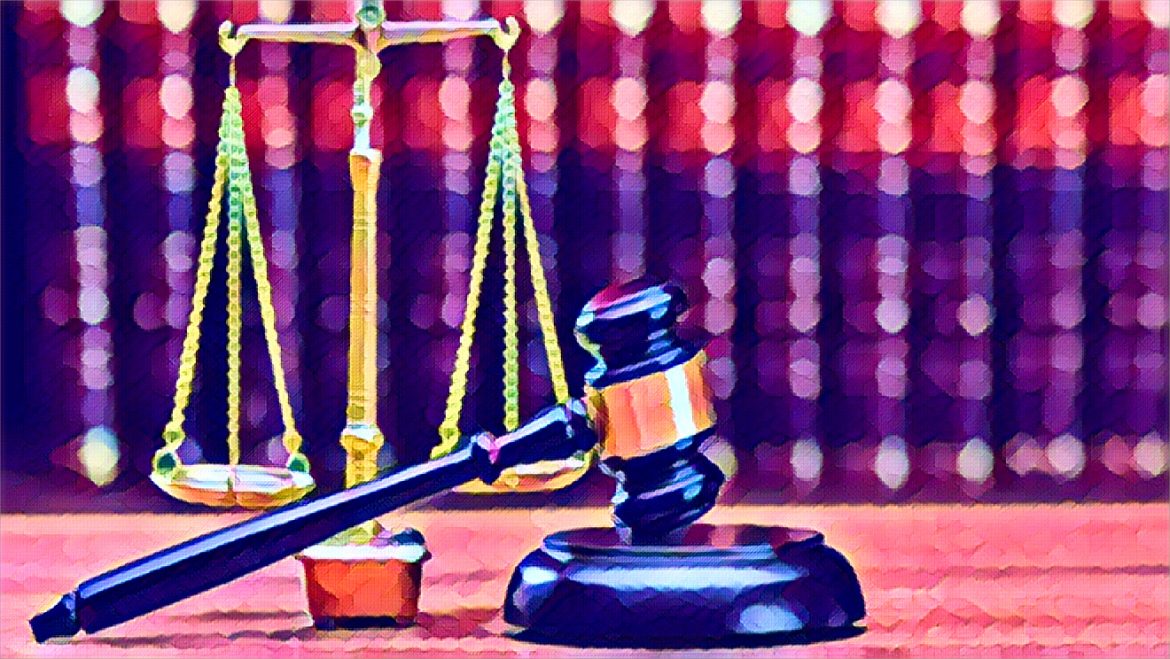In a remarkable turn of events, the small community of Gokwe North in Zimbabwe’s Midlands province has witnessed the dramatic fall from grace of their once-revered traditional leader, Mike Patyavazungu, also known as Chief Nemangwe. The villagers, united in their grievance against the former chief’s abusive reign, have taken bold steps to seek justice, culminating in a significant legal victory that saw the confiscation of Patyavazungu’s personal assets, including his vehicle and household goods.
The conflict between Patyavazungu and his constituents unfolded over several years, rooted in allegations of abuse of power and arbitrary confiscation of property. According to the Zimbabwe Lawyers for Human Rights (ZLHR), the legal team representing the aggrieved villagers, Patyavazungu’s tenure as chief was marred by numerous instances of overreach and injustice. These included the unwarranted seizure of livestock and farming implements from villagers, often under dubious legal pretenses.
Central to the villagers’ grievances was Patyavazungu’s habit of convening community court sessions, where he and his aides would levy severe penalties against those they accused of various offenses. Notably, these penalties often included the confiscation of cattle and goats, essential assets in the rural Zimbabwean economy, on charges as severe as incest, which the accused vehemently denied.
One particularly egregious case cited by the ZLHR involved Patyavazungu’s forceful appropriation of cattle from a villager, allegedly due to unpaid lobola (bride price) obligations. This incident, among others, highlighted the former chief’s propensity for leveraging his authority to unjustly enrich himself at the expense of his constituents.
The legal battle against Patyavazungu was spearheaded by a determined group of villagers, including Shepherd Chiwome, Musafare Takaedza, Tongai Makombe, Fanny Gora, Sammy Kujacha, and Joshua Makombe. These individuals, having suffered under Patyavazungu’s rule, sought to reclaim their rights and properties through the courts. With the assistance of the ZLHR, they filed a lawsuit demanding compensation exceeding US$10,000, a significant sum representing the value of the livestock and other assets unjustly taken from them.
The court’s ruling in favor of the villagers marked a significant victory for justice and accountability. The Messenger of Court was instructed to seize Patyavazungu’s Toyota double cab vehicle, along with various household items, including sofas, tables, chairs, a television set, a wardrobe, and a bed. These assets were to be sold to satisfy the compensation owed to the villagers, providing a measure of restitution for the harm they had endured.
This case is emblematic of the broader challenges facing traditional leadership structures in Zimbabwe and other parts of Africa. While chiefs and traditional leaders play essential roles in maintaining cultural heritage and adjudicating disputes, the abuse of these positions can lead to significant harm to the communities they are meant to serve. The action taken by the Gokwe North villagers against Patyavazungu is a powerful reminder of the importance of holding leaders accountable and the potential for grassroots mobilization to effect change.
In the aftermath of the court’s decision, the Gokwe North community has begun the process of healing and rebuilding. The confiscation and sale of Patyavazungu’s assets represent not only financial restitution for the aggrieved villagers but also a symbolic victory over abuse and injustice. As the community moves forward, the legacy of this case will likely serve as a deterrent to future abuses of power within the traditional leadership system.
Moreover, the successful legal challenge mounted by the villagers, with the support of the ZLHR, underscores the critical role of civil society organizations in championing the rights of the marginalized and oppressed. By providing legal representation and advocacy, these organizations empower individuals and communities to stand up against tyranny and seek redress for their grievances.
As Zimbabwe continues to grapple with the complexities of modern governance and traditional authority, the story of Gokwe North’s stand against Chief Nemangwe offers a beacon of hope. It demonstrates that, even in the face of entrenched power structures, justice can prevail when people unite in pursuit of a common cause.
Source: Newsday


